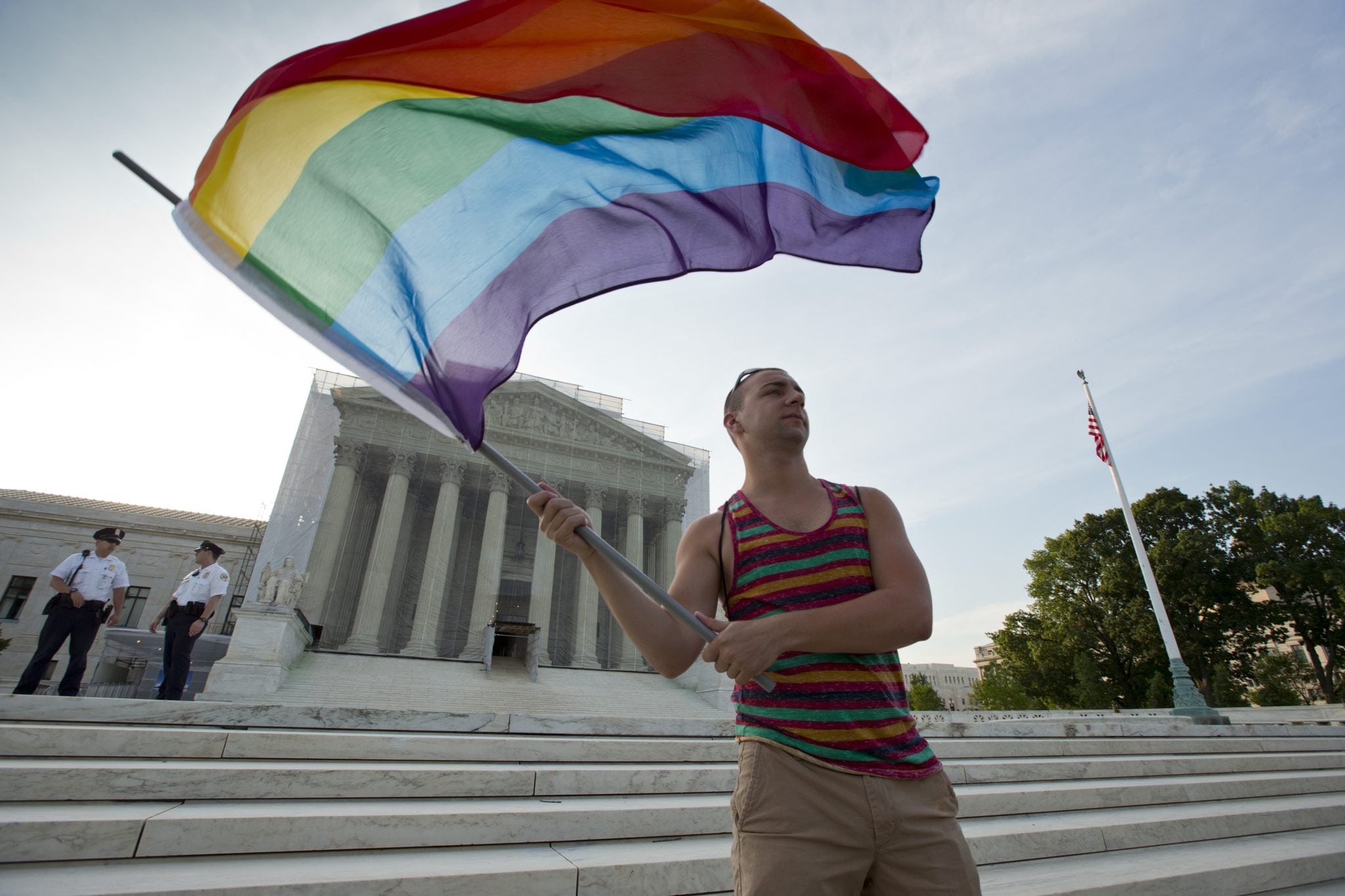Skift Take
California's legalization of gay marriage will benefit the hotel, tourism, and travel industries as same-sex couples flock to the state for coastal weddings.
As a result of Wednesday’s Supreme Court decision, California will not only become the 13th U.S. state to offer legalized gay marriage; it will also become the 13th state to benefit from gay marriage tourism, an industry that has already pumped millions into the states that preceded California.
Notwithstanding its somewhat late arrival to the party, the golden state is likely to see the most pronounced marriage tourism boom of all, since its coastline and weather already make it a popular destination for weddings and honeymoons.
To be specific, California will see around 37,000 same-sex weddings over the next three years, according to the analysts at the Williams Institute at the UCLA School of Law. Those couples will spend almost half a billion dollars in the process of getting married, and contribute $50 million in tax revenue to their wedding’s host state.
The experiences of other states to have legalized gay marriage in recent years support the WIlliams Institute’s projection. Over the first year gay marriage was legalized in New York State, it brought in $259 million to New York City alone, according to information from the Mayor’s office. Upstate experienced a surge as well, with Niagara Falls renewing its reputation as the “honeymoon capital.”
When Iowa legalized gay marriage in 2009, it was the only state in the Midwest to have done so, which gave it something of a marriage monopoly for same-sex couples in the region. Of the 1,302 same-sex couples to wed in Iowa in 2011, 955 were from out of state, according to the Huffington Post. Now that Minnesota has joined the club, though, it will probably dethrone its neighbor.
Stakeholders in California aren’t wasting any time capitalizing on the expansion of their industry. According to a report from the local news team in Palm Springs, businesses were preparing for a rush this week even before the court’s decision was announced, predicting a 50% increase in business and increasing their capacity accordingly.
“This will create jobs in hotels, event spaces, and in travel throughout the state,” said Brad Sears, the executive director of the Williams Institute. “It won’t solve all of California’s problems, but getting a half billion dollar boost isn’t bad. “
Have a confidential tip for Skift? Get in touch
Tags: california, tourism
Photo credit: A supporter of the Supreme Court's decision celebrates outside of the courthouse. The Associated Press
